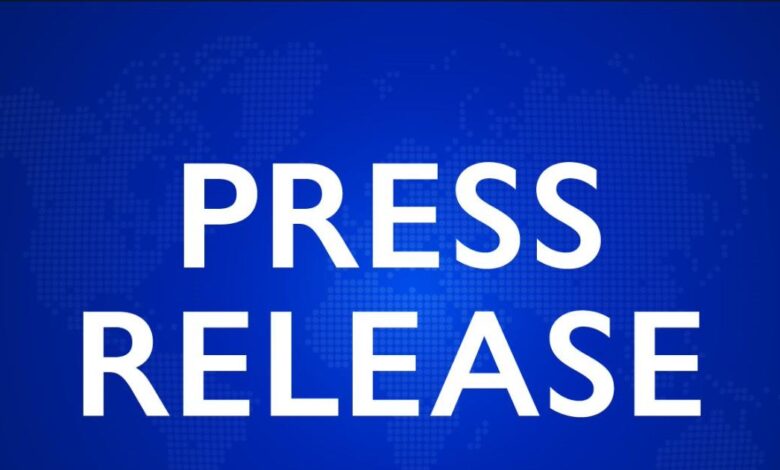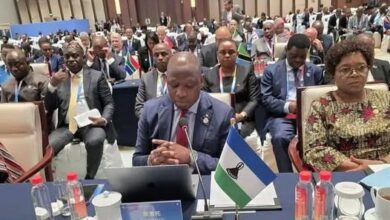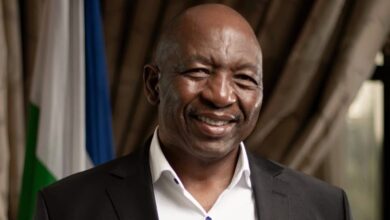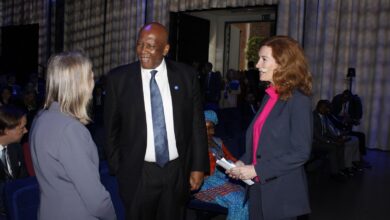The American Government provides financial support to fight trafficking in persons in Lesotho

With the overall objective to combat trafficking in persons in Lesotho, the US Government will provide financial support to the Project titled, strengthening the response of the Government of Lesotho and Civil Society to address trafficking in persons.
The International Organisation for Migration (IOM), known as the United Nations Migration Agency, will implement the Project for a period of twenty-four (24) months until March 2022.
This Project aims to achieve two objectives, namely, to strengthen the Trafficking in Persons (TIP) response including the identification, protection and referral of potential victims of trafficking at district and national level. Among other things, it will support the TIP Multi-sectoral Committee representing various Government Ministries, law enforcement agencies, judiciary and Non-Governmental Organisations to deliver on their mandates to prevent, identify TIP cases and enhance protection of victims of TIP.
A review of the legal environment and standard operating procedures is envisaged; to raise awareness among women, children and potential labor migrants on TIP and enhance self-protection and reporting mechanisms and safe migration practices. This will be made possible through partnership with Local government and NGOs to carryout TIP sensitization activities targeting border communities in particular, vulnerable women, out-of-school youth, school going children, and potential labour migrants.
IOM will implement the project with the Ministry of Home Affairs as a key counterpart and will collaborate with other Government Ministries and NGOs active in the fight against trafficking in persons. Further, IOM will ensure greater engagement with local government and communities to realise the project’s objectives.
This project was made possible through support provided by the United States Department of State. The opinions expressed herein are those of the author(s) and do not necessarily reflect the views of the United States Department of State.
Join 'Lesotho News' WhatsApp Channel
Get breaking Lesotho news — delivered directly to your WhatsApp.
CLICK HERE TO JOIN



